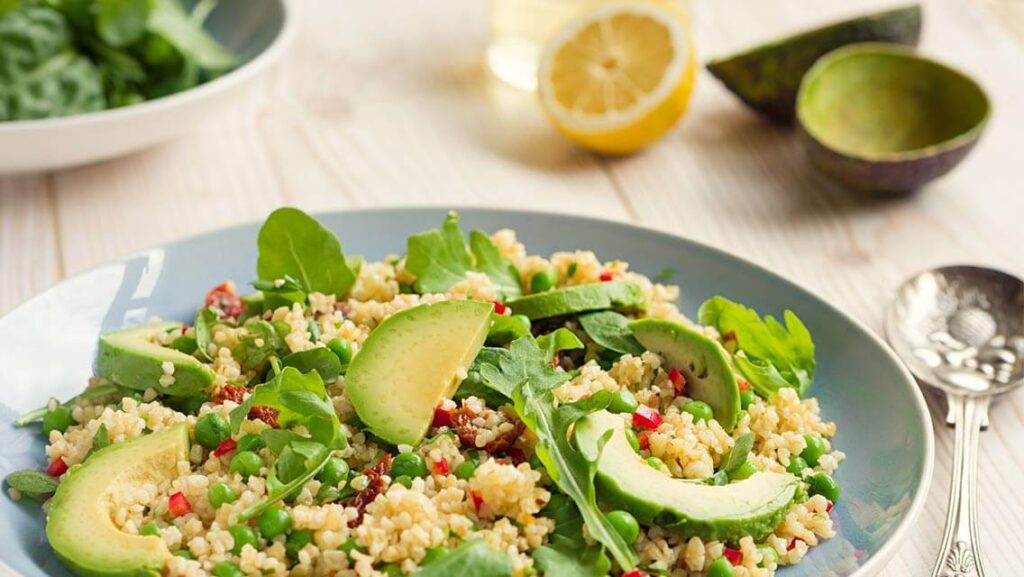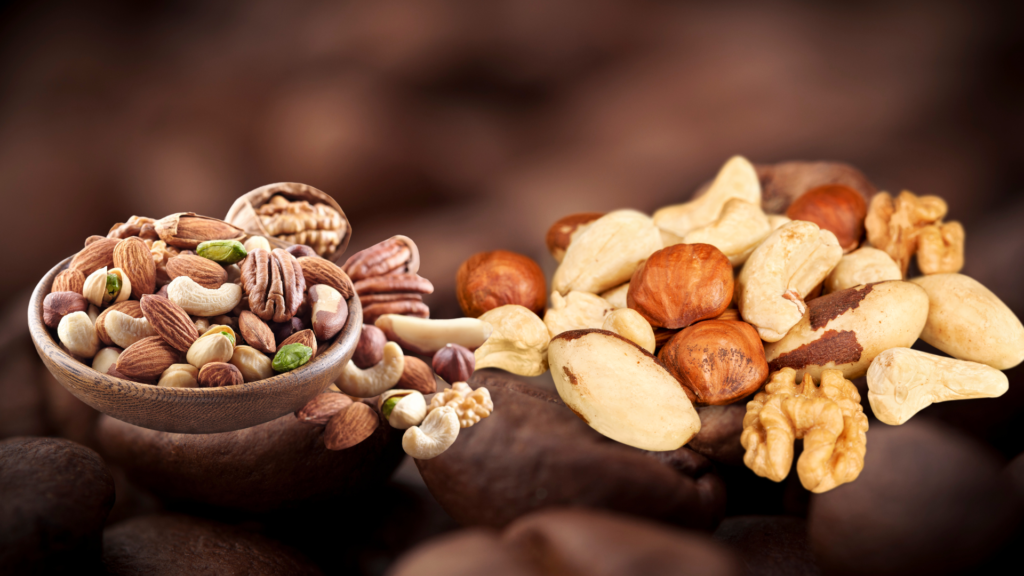Introduction to Healthy Eating
As we age, our bodies undergo significant changes that impact our health and wellbeing. Consequently, it’s essential to reassess our eating habits and make informed choices that support our health. Furthermore, a well-balanced diet can help mitigate the effects of aging.
The Importance of Nutrient-Dense Foods

After 50, our bodies require more nutrients to function optimally. Therefore, it’s crucial to focus on nutrient-dense foods that provide our bodies with the necessary fuel. Additionally, these foods can help reduce our risk of chronic diseases.

Foods to Avoid
While it’s essential to focus on healthy eating, it’s equally important to avoid foods that can exacerbate age-related health issues. Here are nine foods to limit or avoid after 50:
- Processed meats
- Sugary drinks
- Refined carbohydrates
- Fried foods
- High-sodium foods
- Foods high in saturated and trans fats
- Foods high in added sugars
- Caffeine
- Raw or undercooked eggs
The Benefits of Nuts

Incorporating nuts into your diet can provide a range of health benefits, including supporting muscle growth and repair, aiding in weight loss and management, and improving heart health. Moreover, nuts are a rich source of antioxidants, which can help protect against oxidative stress and inflammation.

In conclusion, healthy eating after 50 requires a focus on nutrient-dense foods and the avoidance of unhealthy foods. By making informed choices about the foods we eat, we can maintain optimal health and wellbeing as we age. Additionally, incorporating nuts into our diets can provide a range of health benefits and support overall health and wellbeing.

















